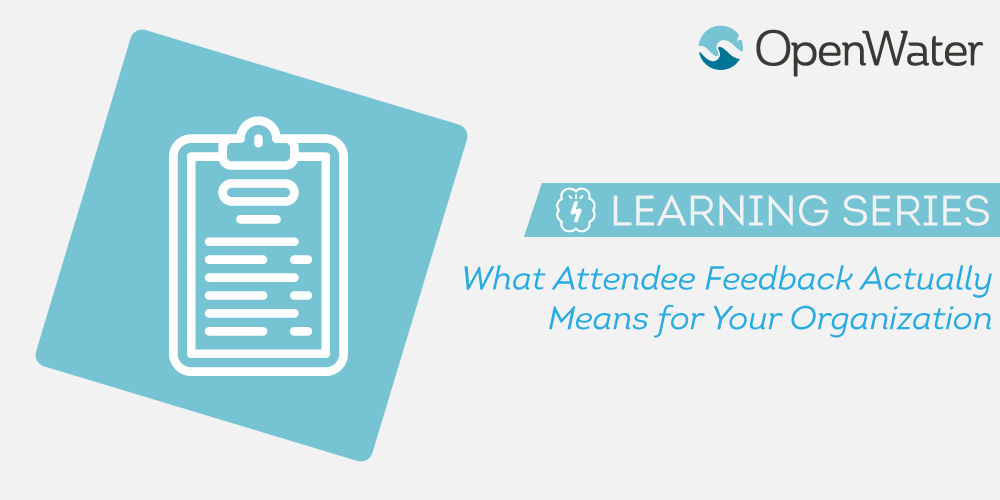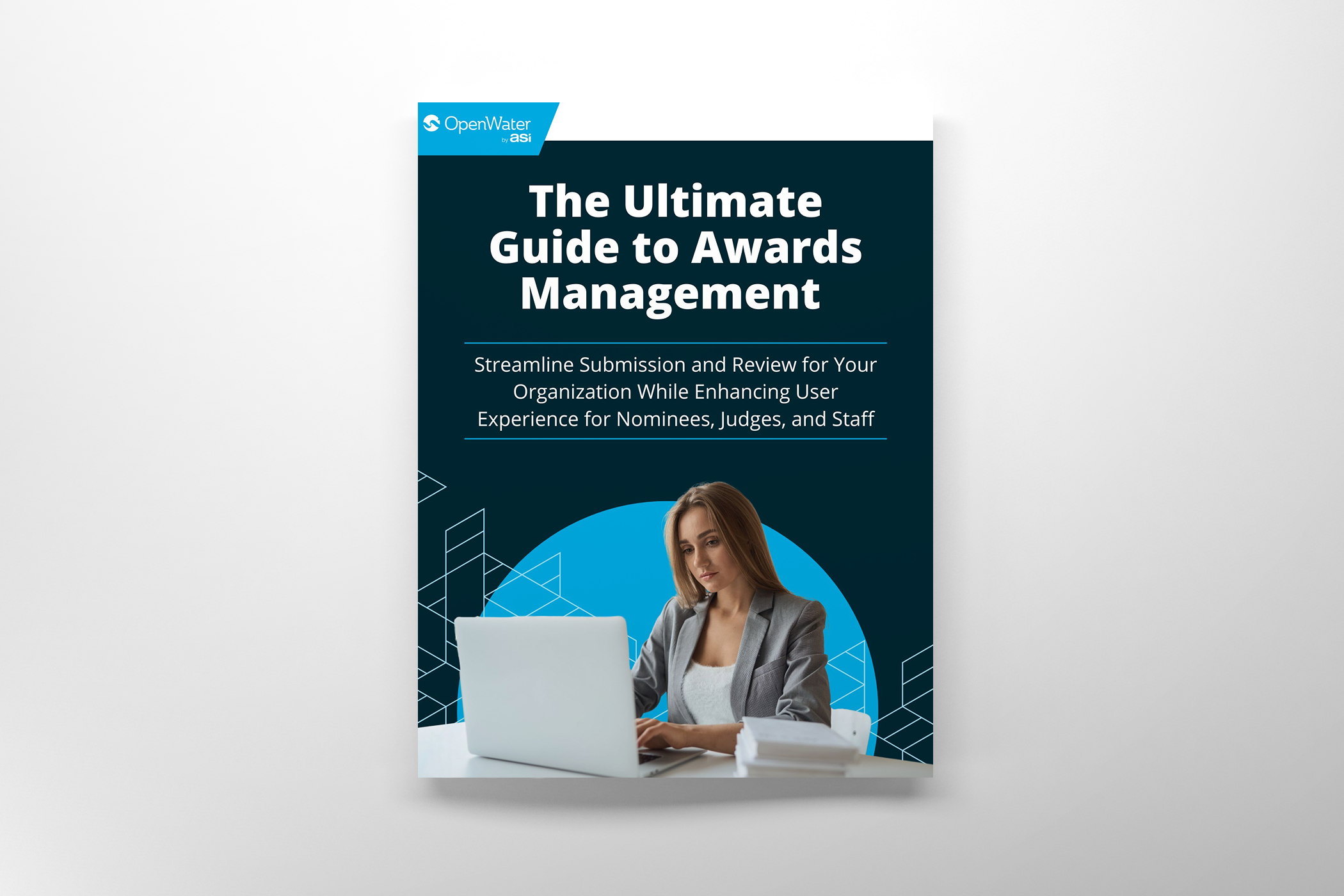
What Attendee Feedback Actually Means for Your Organization
You should always solicit feedback from attendees after your conference. It’s a great way to gauge interest and learn what went wrong and what you could have done better. However, not all attendees will be as straightforward or honest with their feedback as you might want or expect.
Luckily, there are certain telltale phrases you can decipher into meaningful, constructive criticism. This makes all feedback more constructive and, at a basic level, ensures you’re meeting the basic needs of individuals in your organization. The following are some of the most common phrases executives receive on feedback forms and what you should take away from them.
1. “I had to leave before the last event.”
Translation: I wasn’t interested enough in the afternoon sessions to stick around.
Many conferences pack in the most important sessions either at the beginning of the program or at the end. It’s best to stagger the most important sessions to incentivize all attendees to remain until the end.
2. “I really wanted to go to this session, but there was something better.”
Translation: Only a few of your speakers are drawing a crowd.
While you can’t and shouldn’t expect every speaker at your conference to draw the same type of crowd, it’s important to establish a baseline level of interest in all events. This will prevent certain speaking engagements from being overcrowded and others from barely drawing a audience.
3. “I enjoyed it.”
Translation: While the event was “good,” it wasn’t “great.”
Hearing that attendees enjoyed the event is great. However, a bare statement that a person “enjoyed it” doesn’t necessarily mean that it was everything it could have been. The best way to move from generic statements like this to actual enjoyment is to provide ample information and learning experiences in engaging, dynamic sessions.
4. “It was crowded.”
Translation: There weren’t enough seats or space.
While the translation might seem obvious, the solutions aren’t always the same. When choosing a venue, it’s important that there is enough space when everyone is transitioning between sessions and enough seats at each event. This means you must also consider which events are bound to be more popular than others so you don’t have to worry whether everyone will fit if there is significant interest in one session over another.
5. “Communication could be better.”
Translation: I didn’t know what was going on or what to expect.
Communication is at the core of any and every abstracts conference. However, ongoing communication often fails when you’re pressed with other time commitments during your program. Luckily, an abstracts management system can fix this.
Abstracts management systems are designed to make communicating simple and efficient. Moreover, you can use your software to build a website and mobile app, both of which will make information more readily accessible to attendees, judges, and others.
Understanding What Attendees Mean With Their Feedback is Critical for Success
Your conference this year will affect many of the decisions you make in subsequent years as well. That being said, what your attendees have to say about this year’s conference is critically important.
Use the statements and translations above as a starting point for your conference review. If you begin to notice others as well, it’s important that you note them (and translate them) accordingly. Doing so is a simple way to use attendee feedback to your best advantage.
